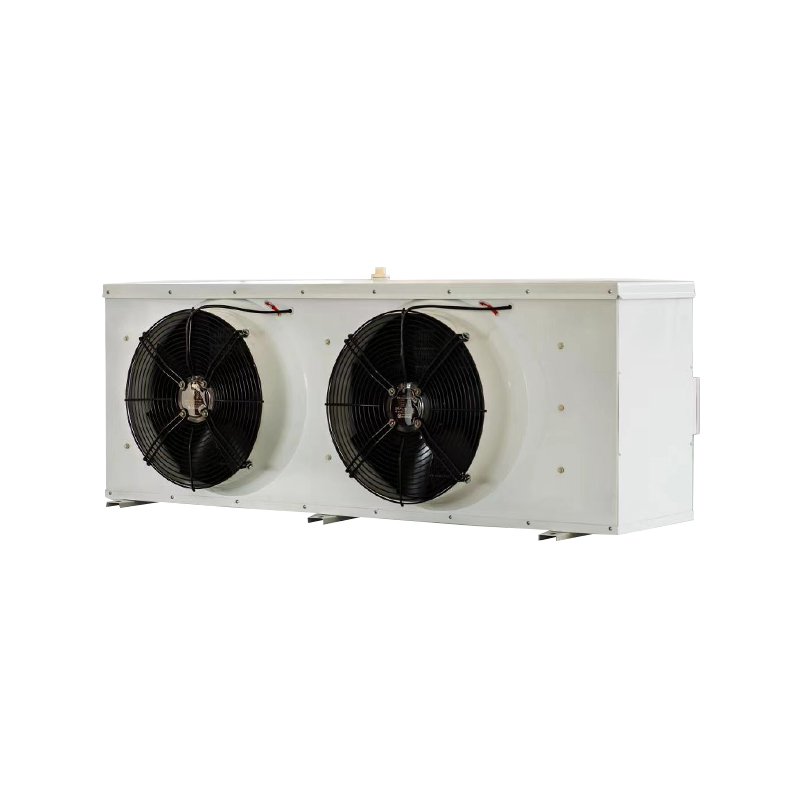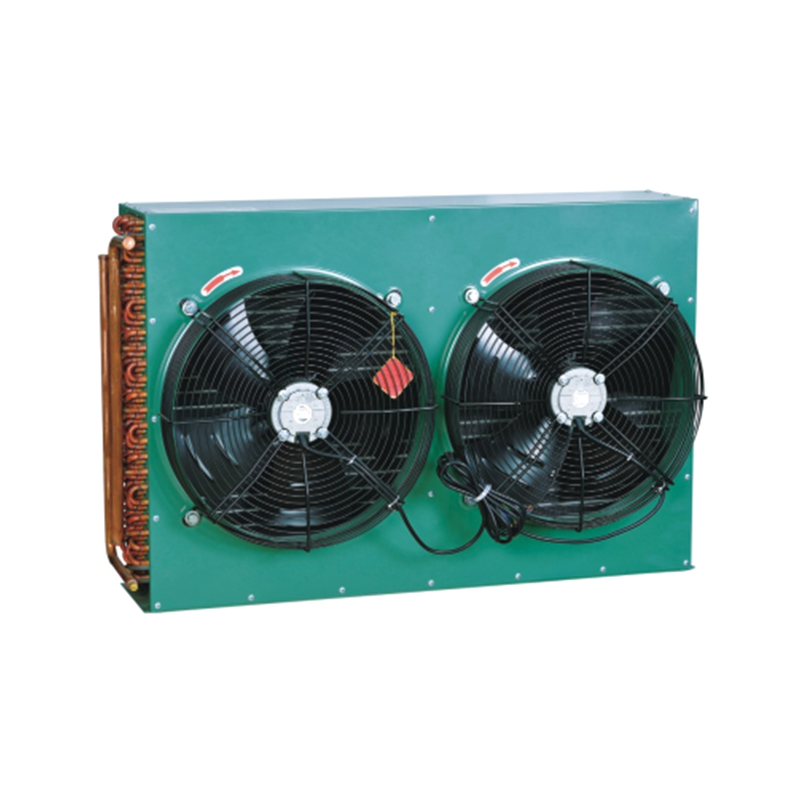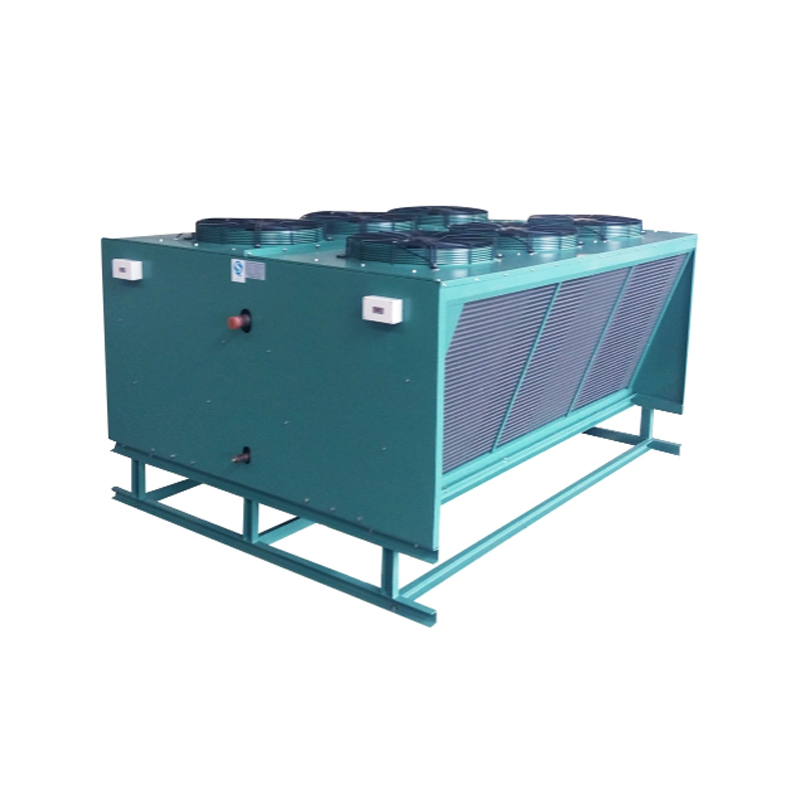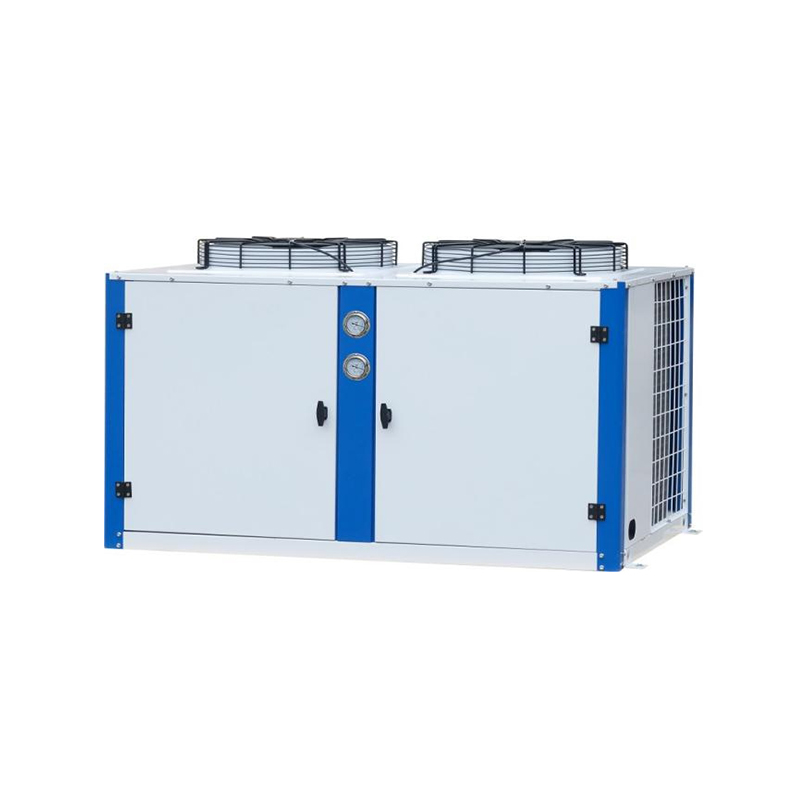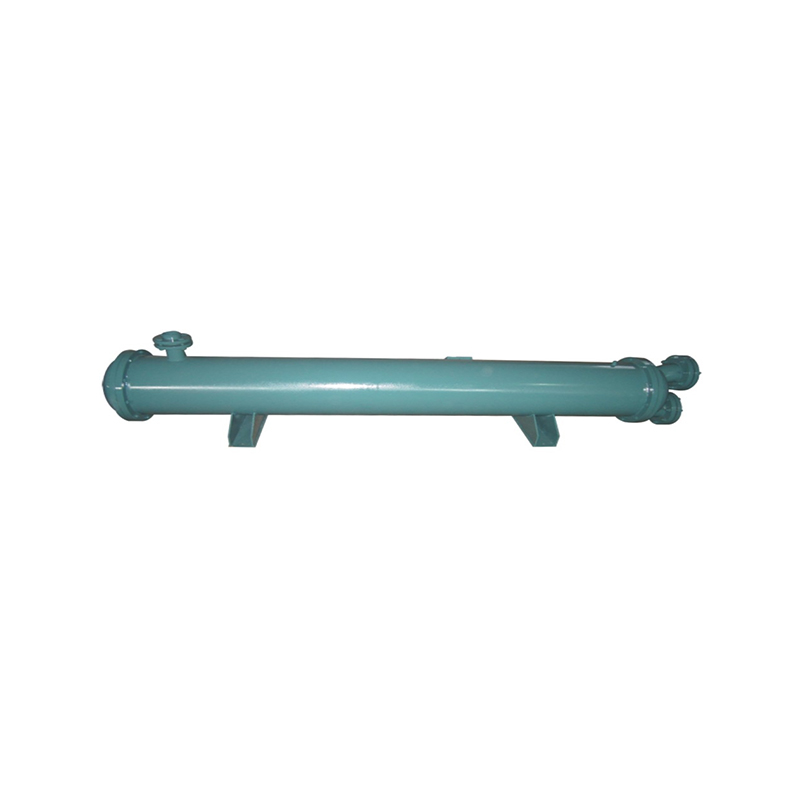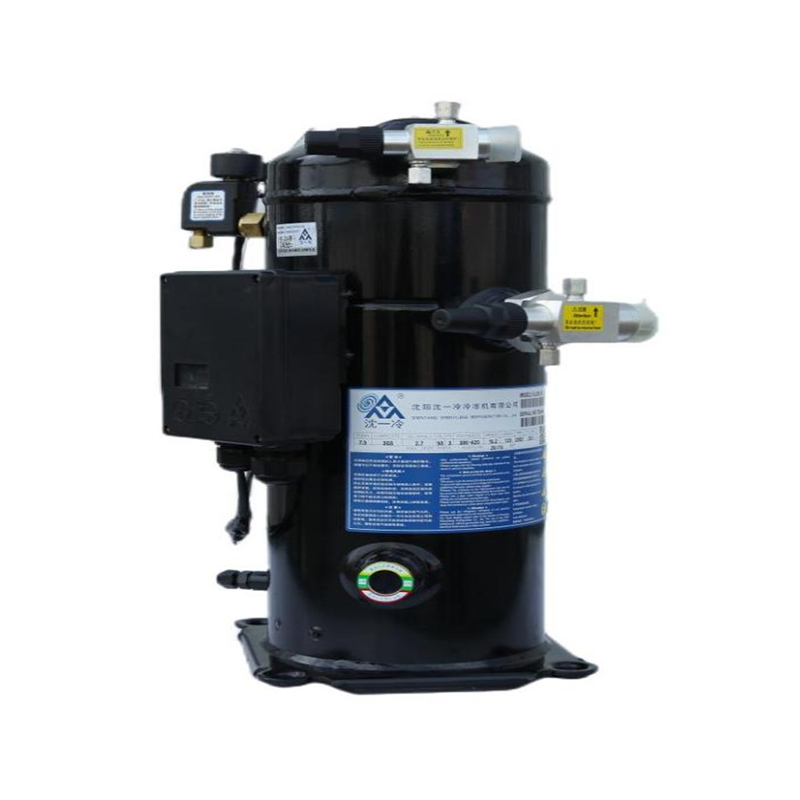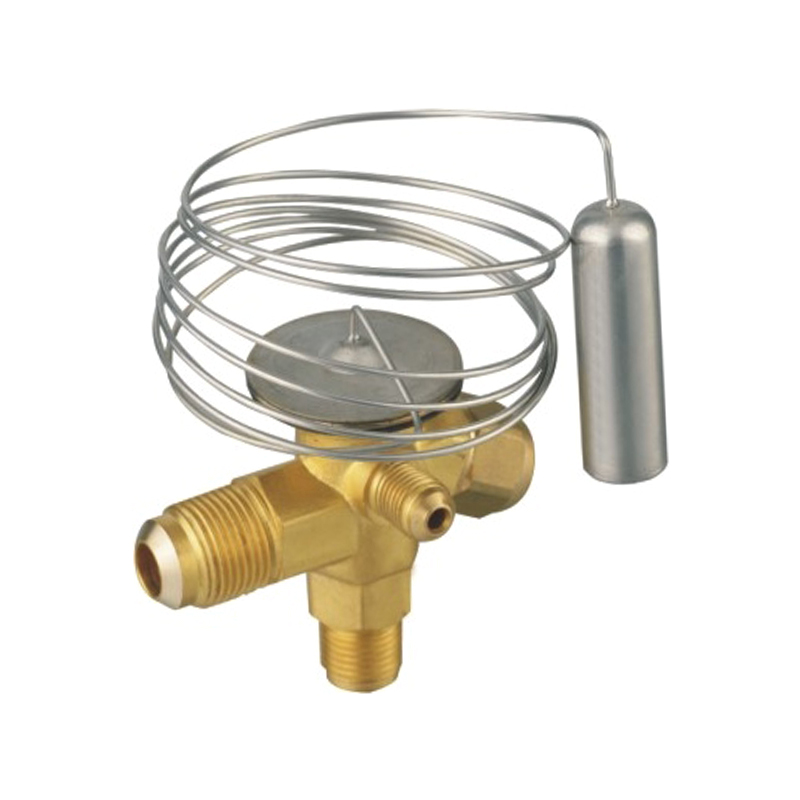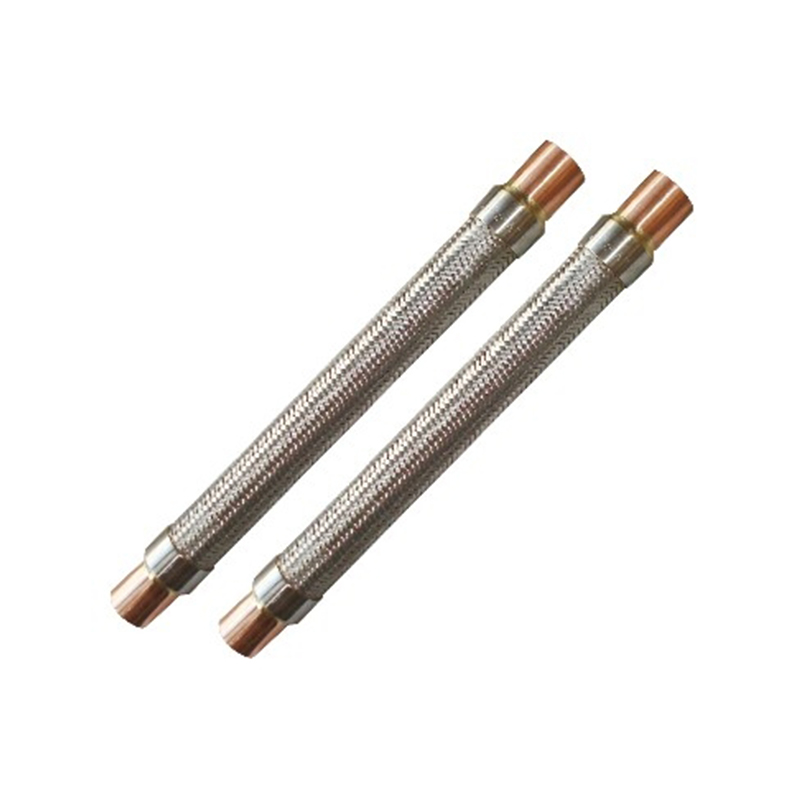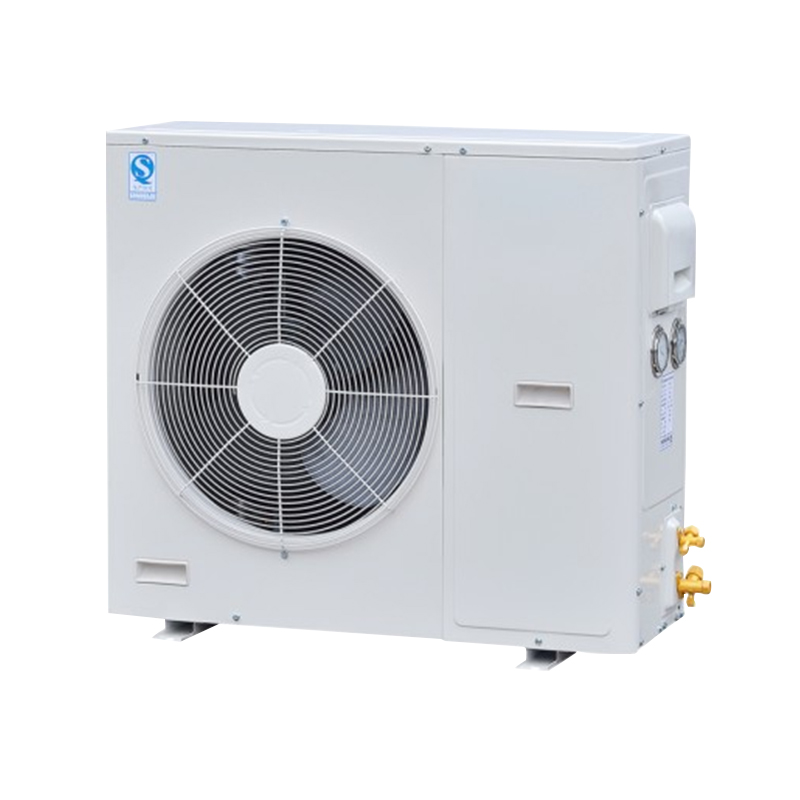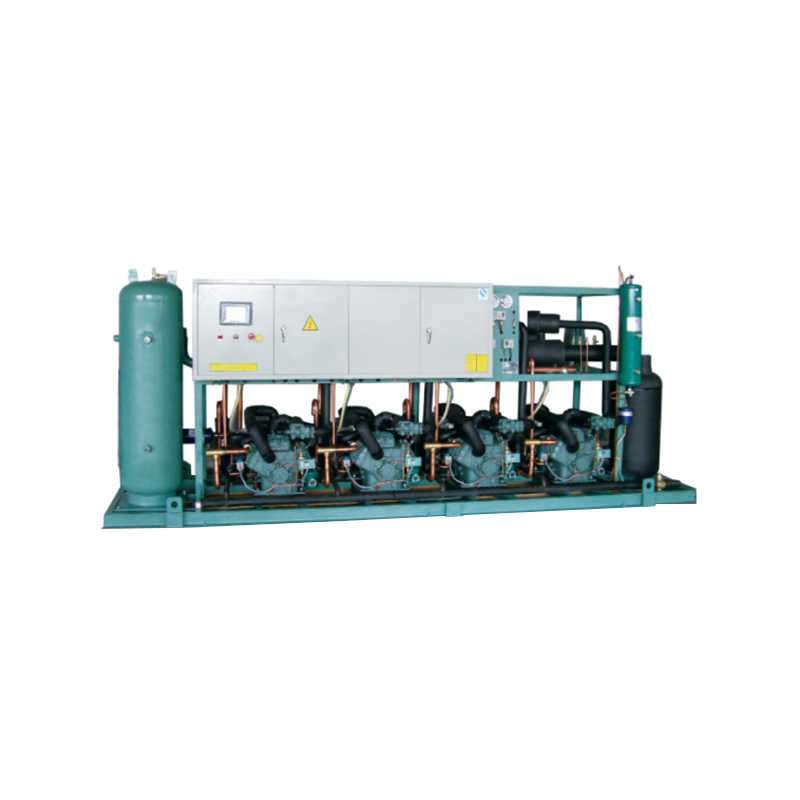Evaporators are critical components in refrigeration and HVAC systems, responsible for absorbing heat from the environment and transferring it to the refrigerant. However, like any complex piece of equipment, evaporators can face a range of operational challenges that can impact their performance, efficiency, and longevity. Understanding these common issues and implementing the appropriate mitigation strategies can help improve the reliability of refrigeration systems and reduce costly repairs and downtime.
One of the most common issues encountered in evaporators is frost and ice buildup. This occurs when the temperature of the evaporator coil drops too low, causing moisture in the air to freeze on the coil’s surface. Over time, this ice buildup can impede the airflow and reduce the evaporator’s ability to absorb heat, ultimately affecting the entire refrigeration system’s performance. To mitigate this, regular defrost cycles should be implemented to remove any ice or frost that accumulates. Automatic defrosting systems can help by periodically raising the coil temperature to melt any ice that has formed, ensuring optimal operation.
Another issue that can arise is low refrigerant levels. If the refrigerant charge is insufficient, the evaporator will not be able to absorb enough heat from the air, leading to poor cooling performance. This can be caused by refrigerant leaks, improper system charging, or the use of the wrong type of refrigerant. Regular leak checks and monitoring of refrigerant levels are essential for maintaining optimal evaporator function. Additionally, ensuring that the system is properly charged with the correct refrigerant is crucial for the efficient operation of the evaporator.
Clogging or blockages in the evaporator coil can also be a significant issue, often caused by dirt, debris, or the accumulation of oil or refrigerant sludge. These blockages reduce heat transfer efficiency and can cause the system to overheat, leading to system failure. Regular cleaning and maintenance of the evaporator coils can prevent clogging. Filters should also be checked and replaced regularly to prevent dust and debris from entering the system. Using air filters in the intake vents of the evaporator unit can also help to keep the coils clean and maintain the system's efficiency.
Poor airflow is another common issue, which can be caused by a variety of factors such as blocked vents, dirty filters, or a malfunctioning fan. Proper airflow is essential for the evaporator to function effectively, as it relies on air moving across the coils to facilitate heat exchange. To address this issue, regular inspections should be conducted to ensure that the fans and vents are unobstructed and functioning properly. If the air filters are clogged, they should be cleaned or replaced, and the evaporator fan motor should be inspected and serviced if necessary.
Evaporator coil corrosion is a long-term issue that can compromise the evaporator’s performance and lifespan. Corrosion typically occurs when the coils are exposed to moisture, oxygen, or certain chemicals over time. Corrosion can lead to leaks, reduced heat transfer efficiency, and system failure. To prevent corrosion, the evaporator should be regularly inspected for signs of damage or rust. The use of corrosion-resistant materials for evaporator coils, such as copper or specially coated metals, can also help minimize the risk of corrosion. Additionally, keeping the refrigeration area clean and dry can reduce the likelihood of moisture buildup.
Inadequate temperature control can also affect evaporator performance. If the thermostat or temperature sensors are faulty, the evaporator may not reach the desired cooling temperatures, or it may cool too much, leading to the formation of frost or ice. Regular calibration and testing of the temperature sensors and thermostats can ensure that they are accurately controlling the evaporator’s temperature. If any components are found to be malfunctioning, they should be replaced promptly to maintain proper system operation.
Lastly, overloading the system can lead to evaporator issues. When a refrigeration system is tasked with cooling too much space or is exposed to excessive heat loads, the evaporator may struggle to maintain the desired temperatures, leading to inefficiency and potential failure. To prevent this, it is essential to properly size the refrigeration system according to the space or load requirements. Ensuring that the system is not overloaded will help maintain optimal performance and prevent unnecessary strain on the evaporator.
